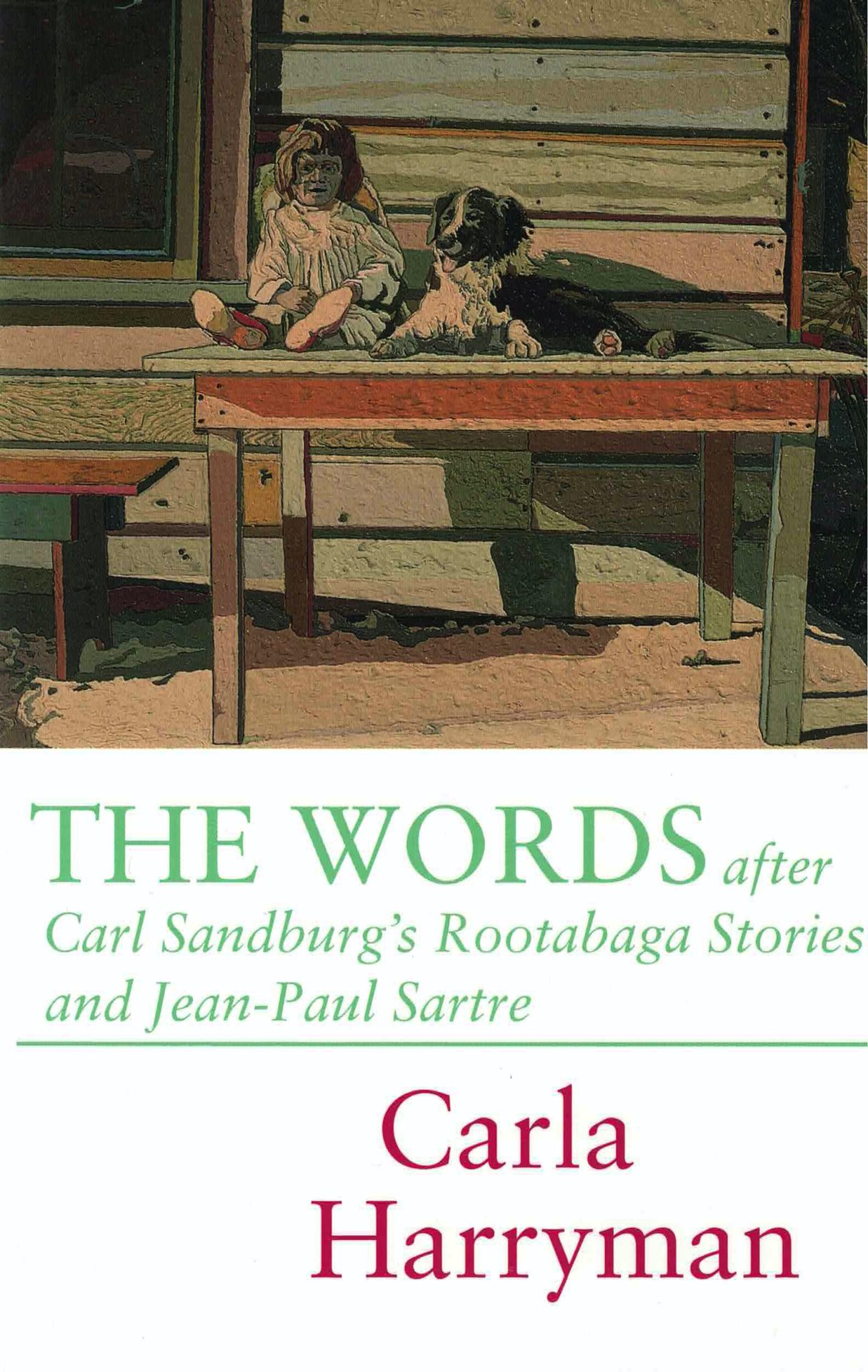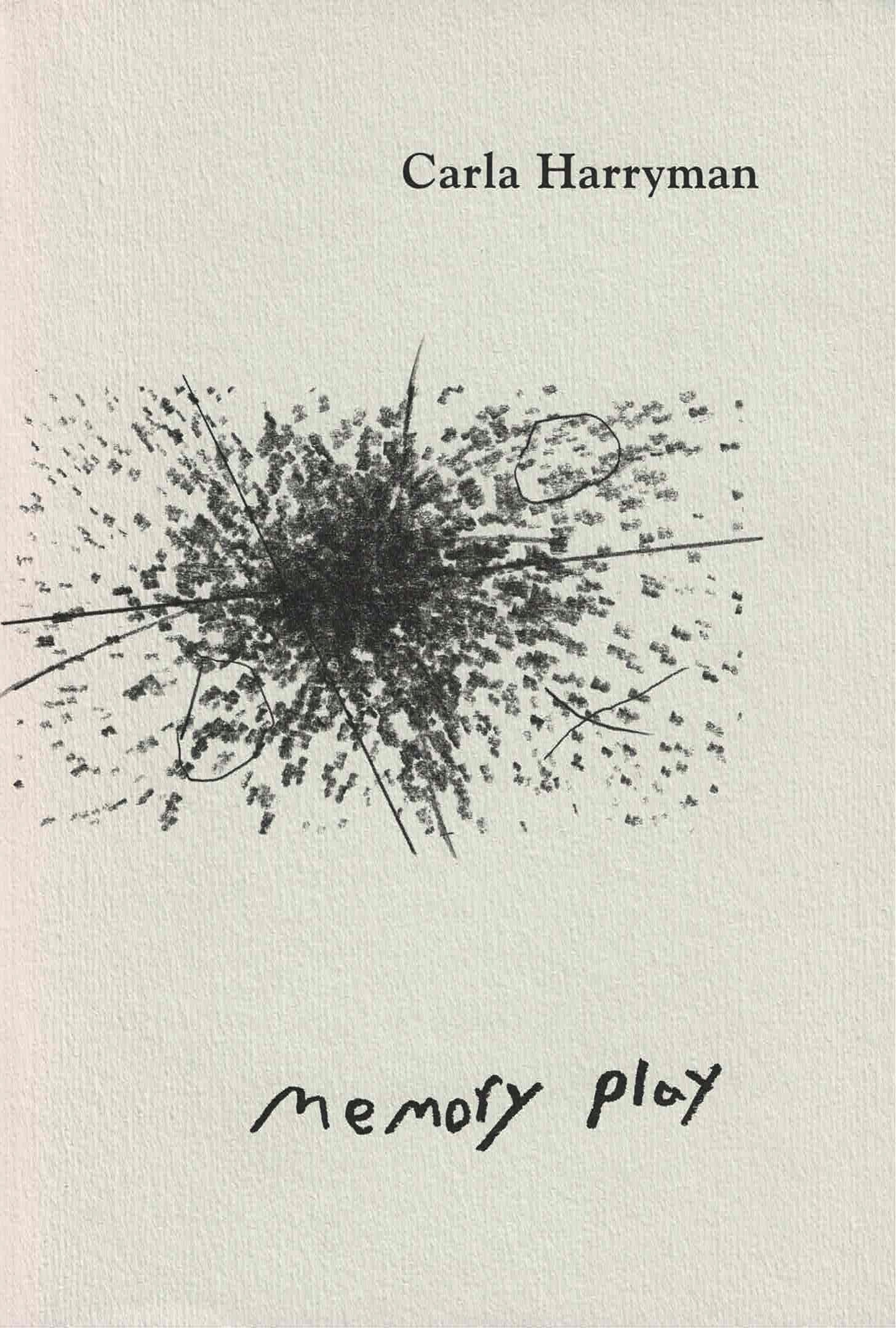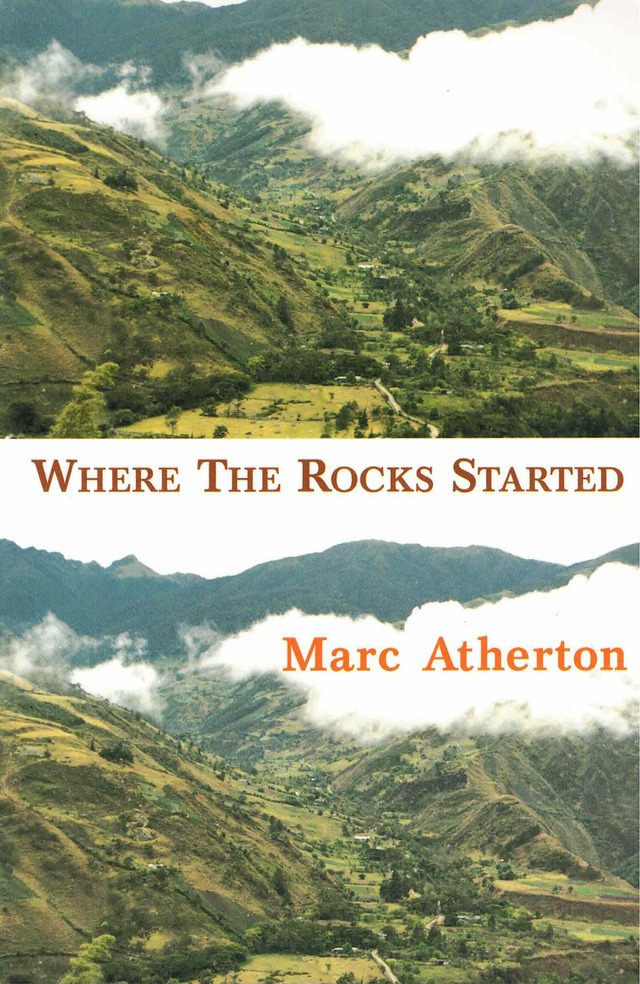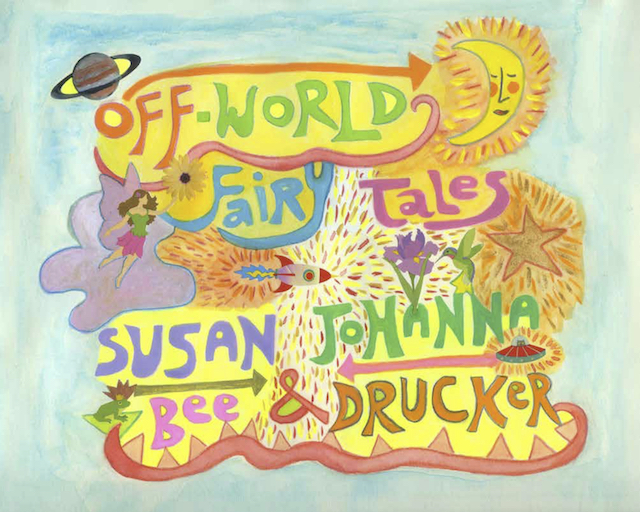In this challenge to the separation of literary genres, Carla Harryman takes as her points of departure two entirely disparate texts. Exploding Jean-Paul Sartre’s ideal of imagined autonomy in his autobiography, The Words, and inspired by the grotesque play of Sandburg’s Rootabaga Stories, Harryman begins with her own account of an impossible and contemporary childhood. In a world of recollected futurity, nihilists, chairs, amazons, ghosts, and spool babies, “We, the stranded” concoct illusions of spontaneous creativity.
Carla Harryman
Praise for The Words: After Carl Sandburg’s Rootabaga Stories and Jean-Paul Sartre
The Words is not one novel, but many. Its economics are libidinal, luxuriant, and layered: part roman fleuve, in which the first generation born in the “artificial jungles” of the Cold War comes of age “on the border that separates the absurd from the socially constructed reality,” part roman à clef, in which every word will instantly recognize itself and every fly allusion find its author in eternity, and part philosophical romance in the mode of the later Wittgenstein, who proposed that “the double cross and the duck-rabbit might be among the spots [on] a wall covered with spots.” And, because “shadows dream in their niches,” this is finally a utopian novel, everywhere transforming “defeat into rapture.” In (and with) The Words, Carla Harryman has written a postmodern classic. It’s the book to take along to that proverbially deserted island.
— Ted Pearson
At last, children’s literature has been liberated, liberated into fiction! Carla Harryman’s Words is a fiction in which the mischief is perpetually unnaming names in an ongoing discursive cross-wind beneficial to hybridizing texts. Bold and subversive.
— Marjorie Welish
In The Words, Harryman playfully examines the family, the suburbs, daily life, the position of woman, while boldly undermining notions about character and plot. There’s a ferocity to her wit, a cunning to her deconstructions—and always a devotion to language, its elasticity and limits. I admire Harryman’s rare mind, its gleeful feminism, broad intelligence, and anarchic inventiveness.
— Lynne Tillman
Winesburg, Ohio through a convex eye. Dismissing romanticization and exposé, Harryman opts for the multidimensional properties…
— Sarah Schulman





Harryman limns a provocatively aggressive feminine consciousness, at once her own and a model for others: “After childhood, for many days running I studied people’s asses with the slowness of one who has discovered the crucial element in a universal tragedy.” Woemess (whose name conflates womanhood and menstruation) fades in and out of the narratives, “as unreal as a discovery made elsewhere,” then erupts in oracular outbursts: “If I wanted to, right now, I could paint the picture of the picture, show you the cryptic world, the song, and the wampum. Or a dreary series of irregular rectangles, a repetitious dirge, and money. But if I take you there, we will be gone.”
— Publishers Weekly
The Words is “after” Sandburg and Sartre not in the sense of homage or loose translation; rather, Harryman turns to the earlier texts as ideological imagebanks whose fever dreams she exposes, then riffs along with and recodes.
— The Village Voice